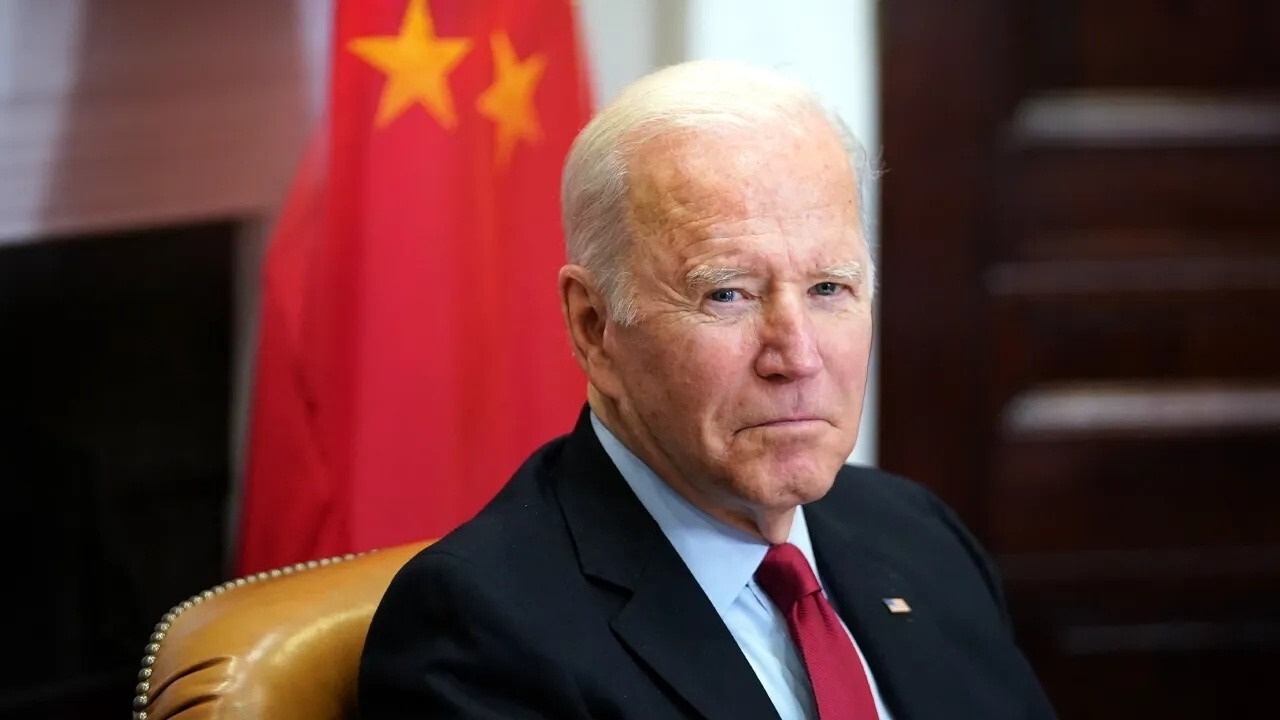The House Rules Committee is gearing up to review a resolution next week that criticizes President Joe Biden for his recent call with Israeli Prime Minister Benjamin Netanyahu, advocating for an “immediate ceasefire” in Gaza. This resolution accuses the Biden administration of unfairly pressuring Israel concerning its actions in Gaza.
It points to a statement the White House made about Biden and Netanyahu’s conversation, emphasizing the necessity of a ceasefire to safeguard innocent lives and stabilize the region.
The resolution criticizes the US for its abstention from a United Nations Security Council resolution last month, which demanded a ceasefire in Gaza rather than using its veto power.

Biden Not Signaling for Gaza Cease-Fire (Credits: VOA News)
Rep. Brian Mast (R-Fla.), a member of the House Foreign Affairs Committee, has condemned Biden’s ceasefire demand, accusing him of pandering to the extreme left by suggesting Israel negotiate with Hamas.
The resolution itself articulates strong support for Israel’s right to defend itself against Hamas and criticizes any unilateral pressure on Israel regarding Gaza, including Biden’s ceasefire appeal and the related UN Security Council Resolution.
The urgency of this resolution is magnified by the plight of hostages taken by Hamas in southern Israel on October 7, 2023. Relatives of these hostages have voiced concerns that a ceasefire agreement not encompassing their release could be disastrous for the captives.

Rep. Brian Mast (Credits: The Hill)
In response to Biden’s call, Israel has announced the opening of three new crossings to enhance aid delivery to Gaza, aiming to avert a humanitarian crisis and maintain the flow of necessary resources.
This development occurs despite growing tensions within the US political landscape, with famous figures like Sen. Chris Van Hollen (D-Md.) and Sen. Bernie Sanders (I-Vt.) expressing frustration over the US’s continued military support for Israel’s actions in Gaza without addressing the humanitarian implications.
Some Republicans have criticized Biden’s approach, suggesting it weakens Israel’s position against Hamas. As the resolution moves through the House Rules Committee, it is poised to reignite debates within Congress, reflecting the complex and polarized views on US foreign policy and its role in the Israel-Hamas conflict.























